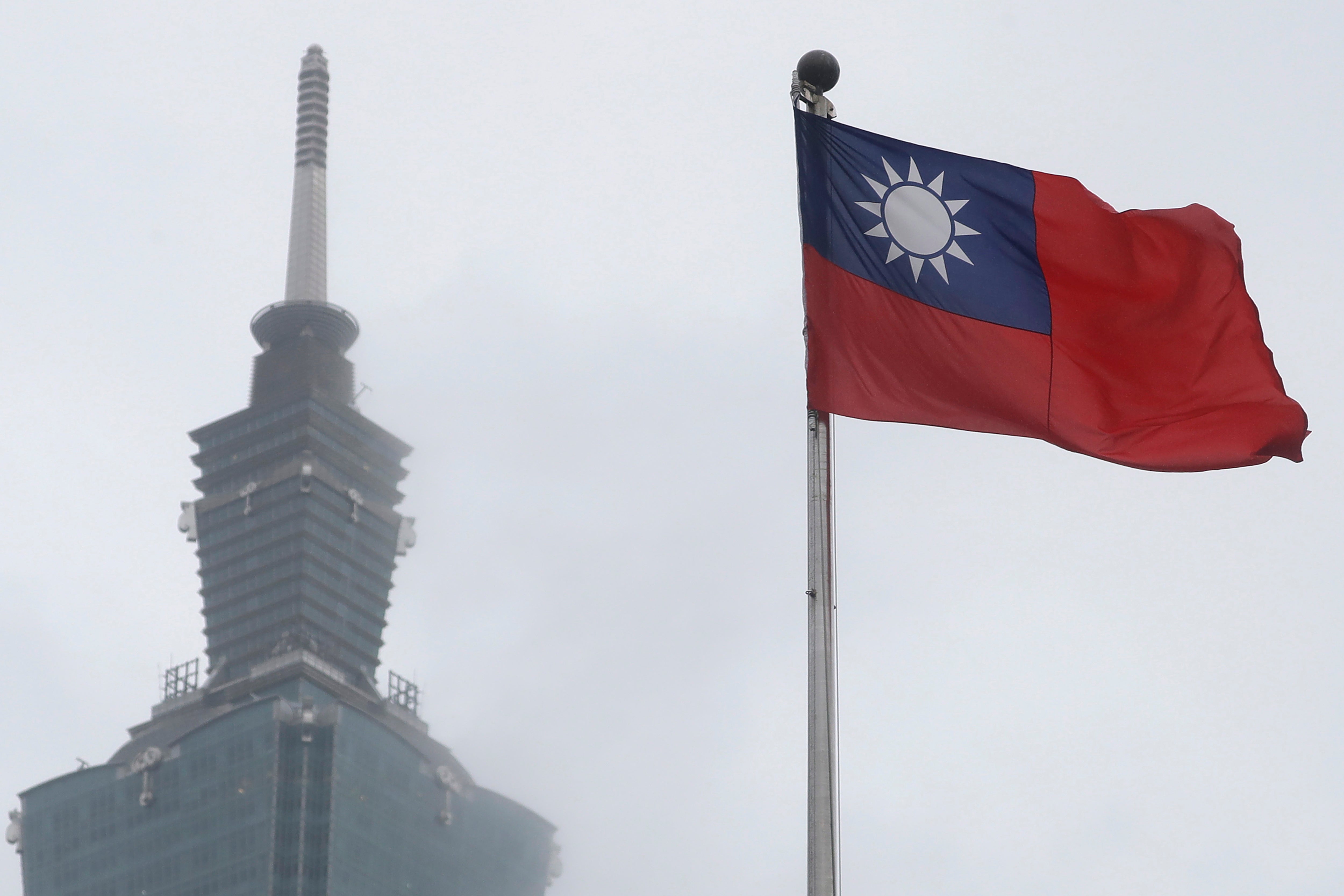Germany sails two warships through Taiwan Strait for the first time in two decades
Germany has sailed two warships through the Taiwan Strait in its first transit of the disputed waters in more than two decades, as Berlin seeks to increase its defense engagement in the Asia-Pacific region

Your support helps us to tell the story
From reproductive rights to climate change to Big Tech, The Independent is on the ground when the story is developing. Whether it's investigating the financials of Elon Musk's pro-Trump PAC or producing our latest documentary, 'The A Word', which shines a light on the American women fighting for reproductive rights, we know how important it is to parse out the facts from the messaging.
At such a critical moment in US history, we need reporters on the ground. Your donation allows us to keep sending journalists to speak to both sides of the story.
The Independent is trusted by Americans across the entire political spectrum. And unlike many other quality news outlets, we choose not to lock Americans out of our reporting and analysis with paywalls. We believe quality journalism should be available to everyone, paid for by those who can afford it.
Your support makes all the difference.Germany sailed two warships through the Taiwan Strait on Friday in its first transit of the disputed waters in more than two decades, as Berlin seeks to increase its defense engagement in the Asia-Pacific region.
China claims the self-governing democratic island of Taiwan as its own, and views such transits as provocative actions.
To challenge China's claims, the United States and allies including Australia, Canada, Britain and France, have regularly conducted “freedom of navigation” operations there, sailing through the strait to emphasize that it is international waters.
In its last naval deployment to the region in 2021-22, Germany had sought to avoid confrontation with China and attempted a diplomatic balancing act, seeking a port call in China, which Beijing denied, and by not sailing through the Taiwan Strait.
The government was widely criticized for this approach, and on this deployment to the Indo-Pacific, leaders decided to sail through the strait en route from South Korea to the Philippines in a widely-telegraphed move.
“The signal is a very simple one, which we have always maintained and I have always maintained,” German Defense Minister Boris Pistorius told reporters in Berlin. “International waters are international waters.”
Taiwan's Defense Ministry confirmed in a post on X that the frigate Baden-Wuerttemberg and support ship Frankfurt am Main had transited through the strait from north to south, adding that throughout the sail "the situation remained normal."
China, which often reacts sharply to American warships transiting the strait, was somewhat muted in its response.
Foreign Ministry spokesperson Mao Ning told reporters that for Beijing, “the Taiwan issue is not an issue of freedom of navigation, but an issue related to China's sovereignty and territorial integrity.”
She said that while China respects the navigation rights of all countries, “we firmly oppose provocations endangering China’s sovereignty and security in the name of freedom of navigation.”
The European Union three years ago embarked on a new strategy for the Asia-Pacific aimed at boosting economic, political and defense ties. Part of that has been focused on improving maritime security and ensuring safe passage through sea lanes.
It comes at a time when China is becoming increasingly assertive in pushing its maritime claims in the region, including on virtually the entire South China Sea and on Taiwan.
China maintains that Taiwan is part of its territory, and President Xi Jinping has not ruled out taking it by force.
China sends warplanes and warships near Taiwan on a near-daily basis in an attempt to intimidate its citizens and degrade the island’s defenses.
In response, Taiwan has extended the period of national military service to one year, building its own submarines and importing sophisticated new equipment from the U.S.
The vast majority of Taiwanese favor the current status of their island, which separated from mainland China amid civil war in 1949.